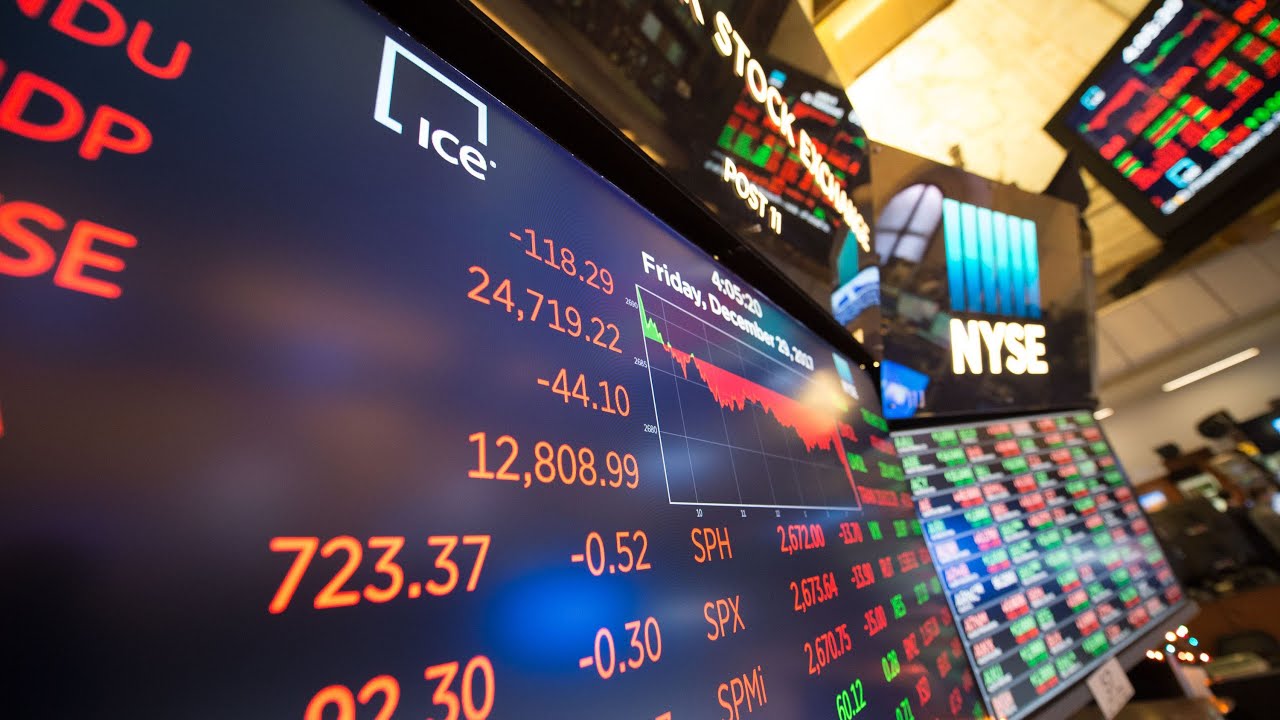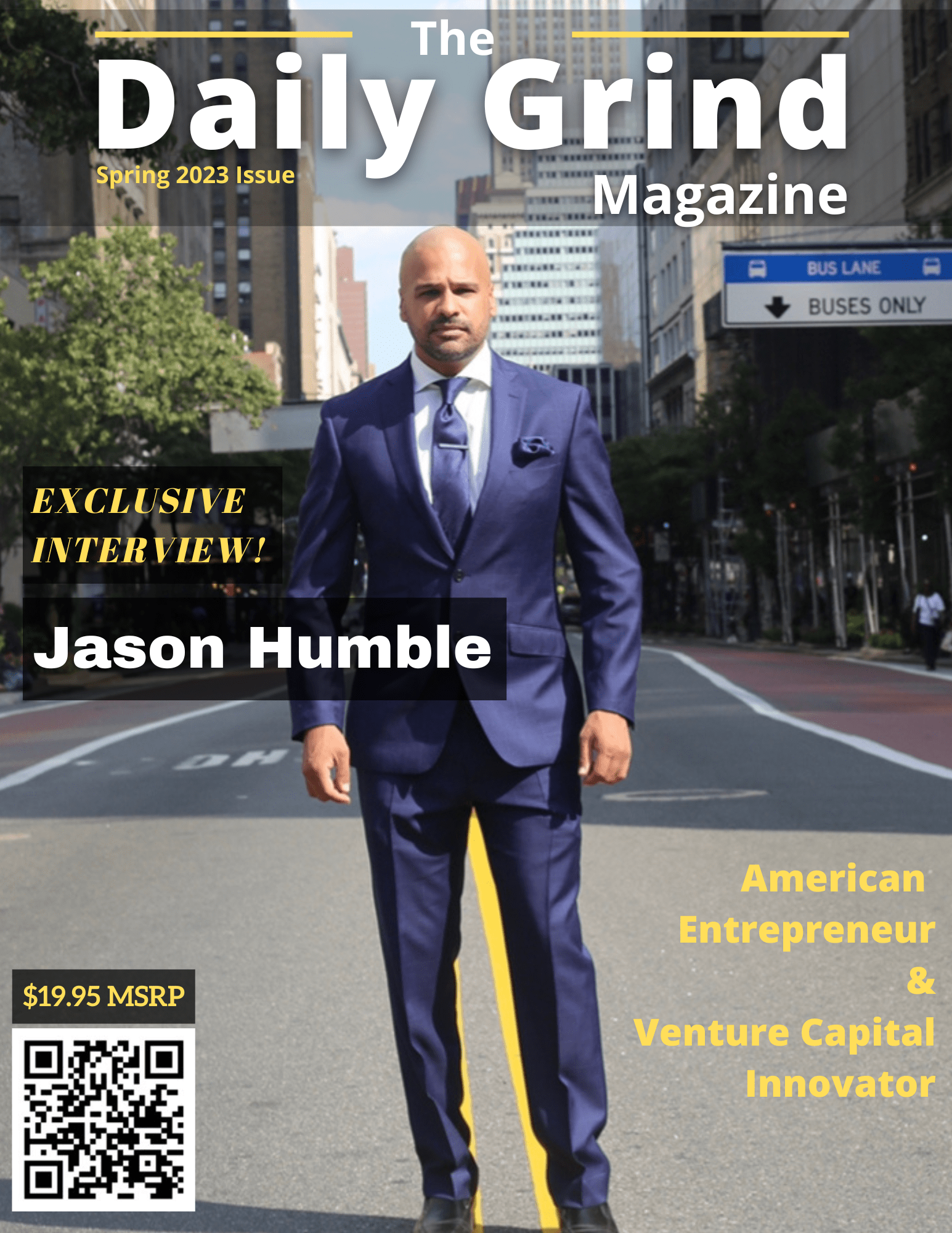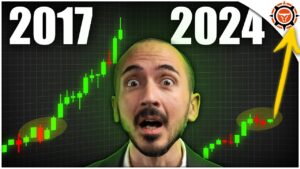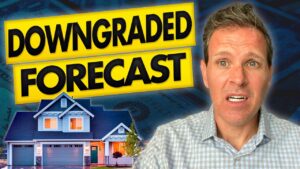What are you observing from schwab Clients as they enjoy price decline Well i'm not sure they're enjoying price Decline in bond funds but what we are Seeing is um investors trying to take on A little more income By going into longer duration bonds and This has been our call recently to start Gradually not all at once but gradually Adding some duration as yields go up Because you know you have the Opportunity now to get some relatively Attractive coupons At prices that are often below par so That means not only the opportunity to Earn more income in a portfolio but also Potential capital gains Where is the biggest uh opportunity Right now kathy when you talk about Those coupons is it in credit and the Riskier the better or is it in full Faith and credit us treasuries Well i would slice it a little bit more Carefully than that there are two areas That we really like one is municipal Bonds You can get on a tax equivalent basis uh For a very high you know income earner North of five percent in municipal bond High quality municipal funds we're okay With investment grade but we want to Stay A little more careful because we do Think we're going into or we are in uh
Credits part of the credit cycle where We'll see some further spread widening We're not crazy about the high yield Simply because this is this is the part Of the cycle where high yield usually Does most poorly People forget that it's not the Beginning of the rate height cycle it's Usually the end of the rate hike cycle When the economy is starting to weaken That you start to see those high yield Spreads really move out kathy i want to Focus on that for a minute because we Saw a pretty move a pretty big move in Spreads yesterday in the high-yield Sector which is something new we really Hadn't been seeing credit respond in the Same kind of way that stocks had been Responding and yet suddenly we do see Some sort of indication here is this Just the beginning of a widening of a Protracted sell-off in credit or is this Basically some sort of mini capitulation That will be viable for a lot of Investors Uh i i think it's the former and not the Latter so i think that we have seen say Triple c's really underperformed for Quite some while bro Quite a while relative to say you know The higher end of the high-yield market But as we get into higher rates you're Starting to see the impact on cash flow For those weaker companies with you know
Weaker balance sheets maybe not as great At cash flow it's one reason we don't Like loans as well now uh simply because We're starting to see the effect of the Interest rate increases and that's Probably going to erode you know the Ability to to to meet those obligations At the lower the weaker credits so Definitely would not be chasing high Yield at this stage of the game kathy There's a religion in the equity market That if you go down correction bear Market or worse At some point you grow your way back to Where you were the market high and There's long spans where this has been a Challenge How do you do that in the bond market if I'm x percent down From the summer of 2020 How do i grow myself back with yield If i don't have attendant growth Underneath it like i have in stocks Well it depends if you're holding Individual bonds and you hold them to Par you're still going to get you're Still going to get your principal and Your interest payments are in default All the way along so you've earned Whatever that current yield was when you Bought the bond if you're in a bond fund It usually takes longer but usually what Will happen in a bond fund is the the Manager is reinvesting for higher income
And on a total return basis over time Assuming that rates don't go sky high From here which we don't think is likely You know you earned your way back with The income component






